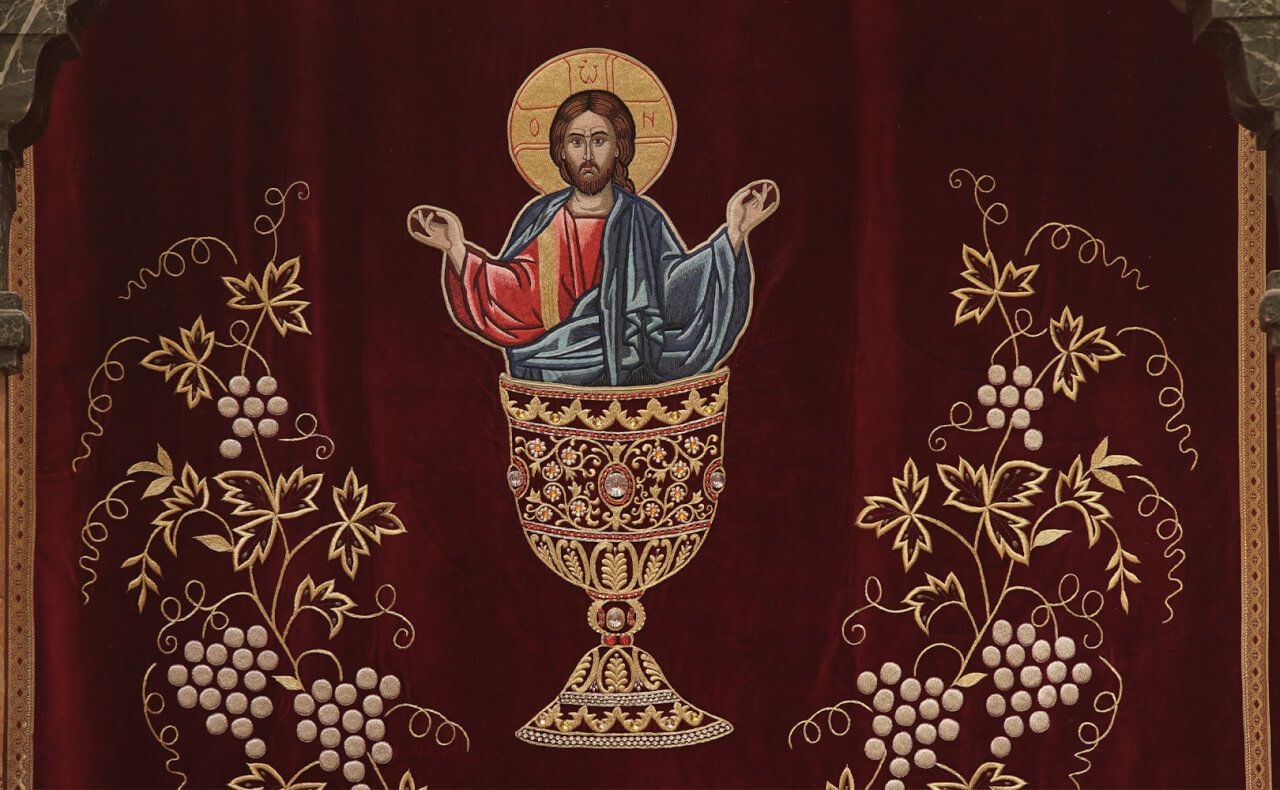Image courtesy of Paul Badde/EWTN
Note from Maike Hickson: Mr. Paul Badde – who has worked as a well-respected journalist for many years in Rome as a Correspondent (today for EWTN and CNA) – has just published on the German bishops’ website Katholisch.de a short commentary on the recent words of Pope Francis concerning Our Lord’s Resurrection. Thus, I reached out to him and asked him whether he would have a slightly longer commentary for us to translate and publish in English. He has therefore kindly provided us with the following enlarged text which I have translated below.
The Christian Creed is a challenge, starting with the claim that God became Man, up to the belief in the fact of His Resurrection from the Dead from the sepulcher. It is no surprise that ecclesiastical heretics, from the very beginning, have tried to soften this affirmation and to attenuate it.
It was not the heretics though, but, rather, some equivocating modern theologians who finally succeeded in adapting the full imposition of the Creed to our small minds. The Greek notion of Kerygma plays a key role – a difficult word it is – which nevertheless has remained largely unknown to the general faithful. Kerygma means “proclamation,” “announcement,” also “homily.” It was this notion which essentially helped some to re-interpret the old Easter Faith in such a way that Christ did not, after all, resurrect in a bodily way from the dead, but, rather, He resurrected in the proclamation of the Resurrection as exercised and spread by His disciples. The Resurrection from the dead by the Incarnate Son of God then becomes, in truth, a resurrection in and through the Christian homily. The difference is extremely fine and gauzy, and certainly this speculation was not only an uncommonly foolish idea. For it must not be overlooked that those same fearful Apostles – all of whom (except for St. John himself, finally) had all fled before Jesus’ death – should start somehow three days after His death to speak, very unexpectedly and suddenly, with much courage about Jesus as the resurrected Messiah.
Therefore, should someone ever come to find the “bones of Jesus” somewhere in Jerusalem, it would not shake in the least the “Easter Faith” of the great Protestant theologian, Rudolf Bultmann, as he himself had even once said. Afterwards, the Kerygma became the kernel of a dogma of modern theology, in Protestant and in Catholic theology alike, in a sort of ecumenical fulfillment. It did not even help that Romano Guardini, already in 1937 in his major work The Lord, had sharply rejected this claim. Today, however, there is barely any priest or bishop who is not at least slightly infected with this grave claim, if he does not wish to be ridiculed by his fellow brethren because of his purportedly childish and unenlightened faith.
This pervasive kerygmatic claim has led, especially in Germany, to a situation such that the few faithful who still go to Church have a hard time realizing that priests and bishops, in effect, do not completely believe anymore what the profession of Faith of Nicea in the year 325 explicitly affirmed. St. Paul, however, most probably would consider this denial to be the greatest heresy of all, not outside, but, rather, inside the Church. And now it appears to have arrived in St. Peter’s Square.
How so? Because on Wednesday, 28 March, 2018, Pope Francis in a fine introduction to the Easter Triduum with its celebrations where he casually instructed pilgrims from all over the world also that – speaking without manuscript – Easter itself “does not end” with the common customs of that particular Sunday. For, “This is where the journey begins, that of the mission, of the announcement: Christ has risen. And this announcement [proclamation], to which the Triduum leads, preparing us to welcome him, is the center of our faith and of our hope; it is the core; it is the message; it is — a difficult word, but it says it all — it is the kerygma which continually evangelizes the Church and [with] which she in her turn is invited to evangelize.”
Thus spoke the pope. God bless him. But we do not have to believe that. Thanks be to God. We may still confidently believe, like little children, that it is not the verbal proclamation, but the fact of Jesus’ own bodily Resurrection which is indeed the center and the kernel of our Faith and of our hope.


